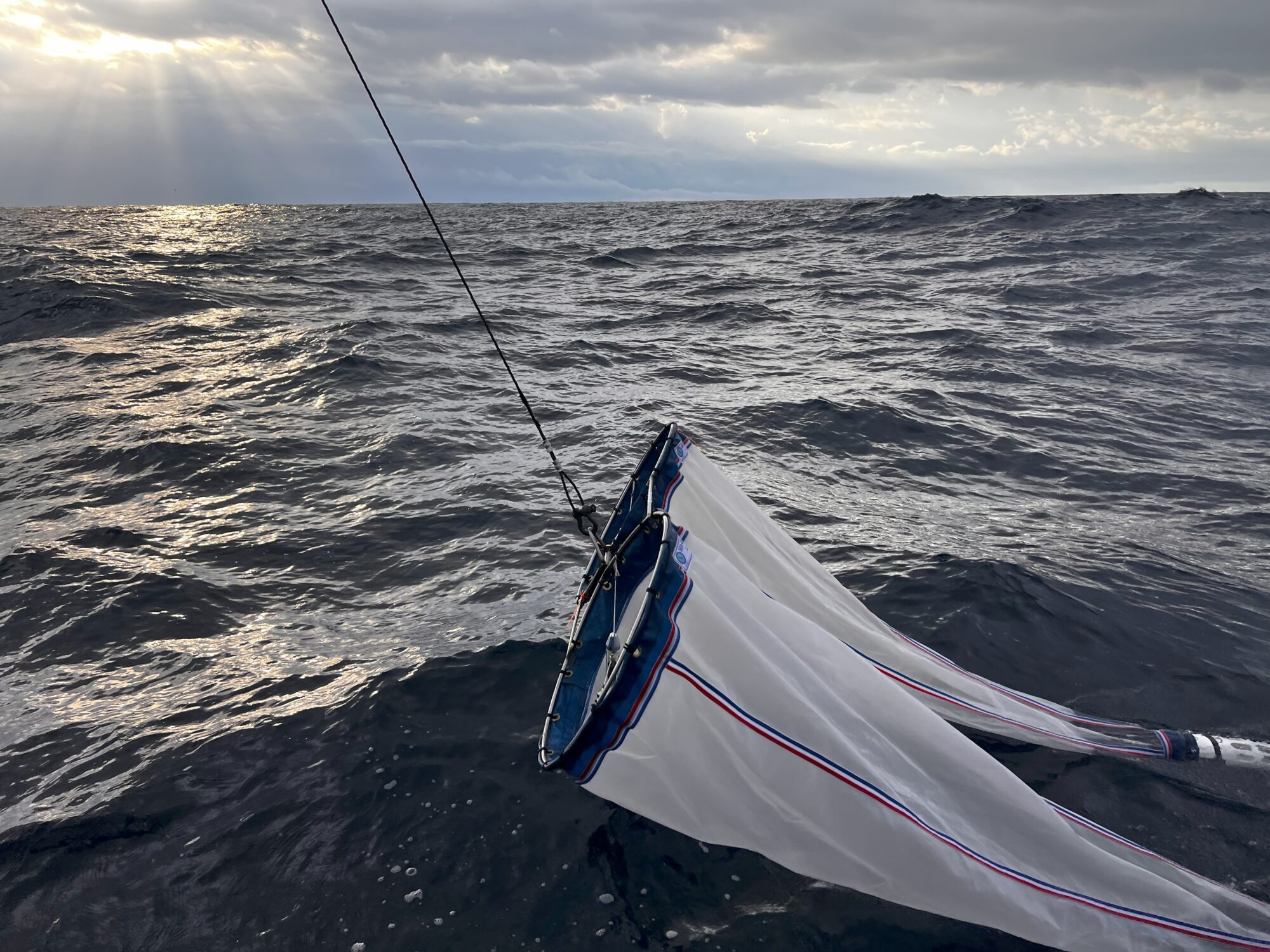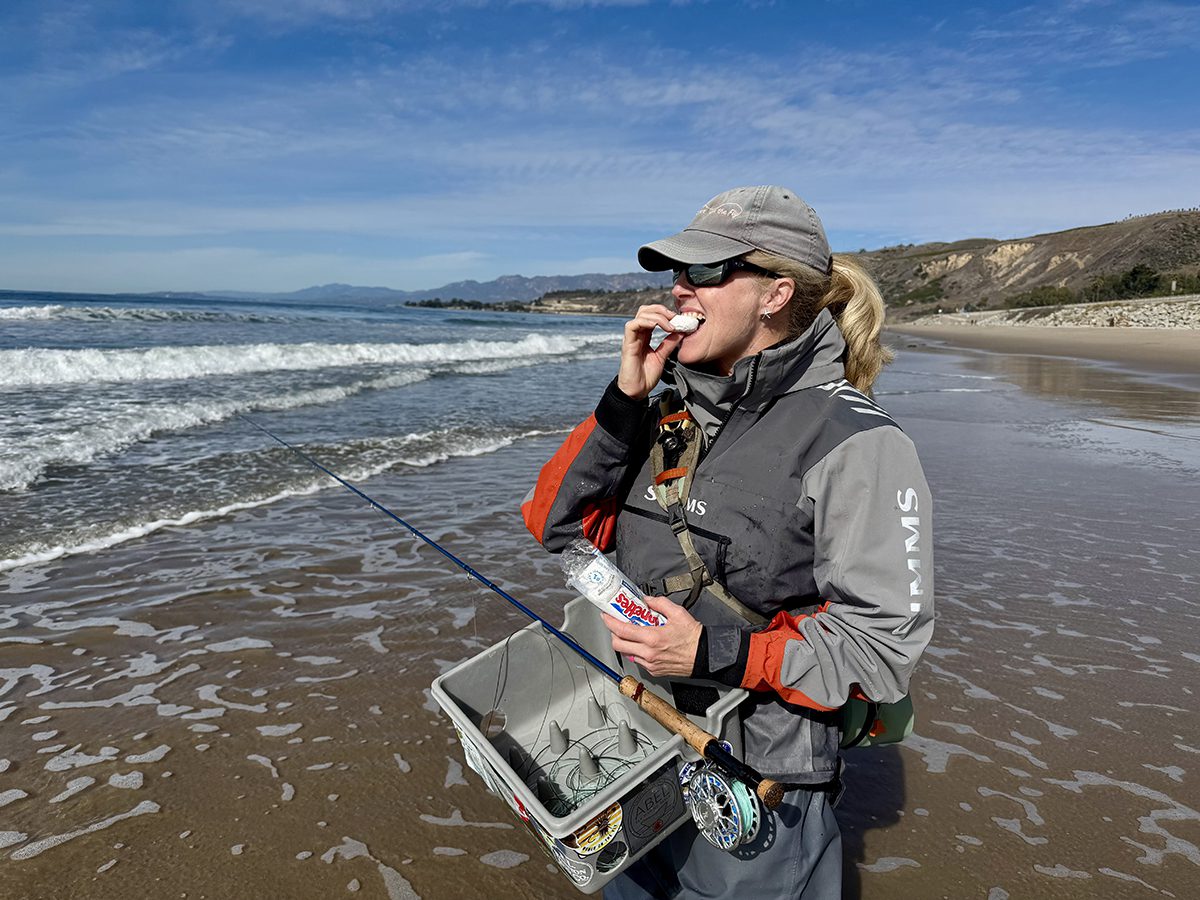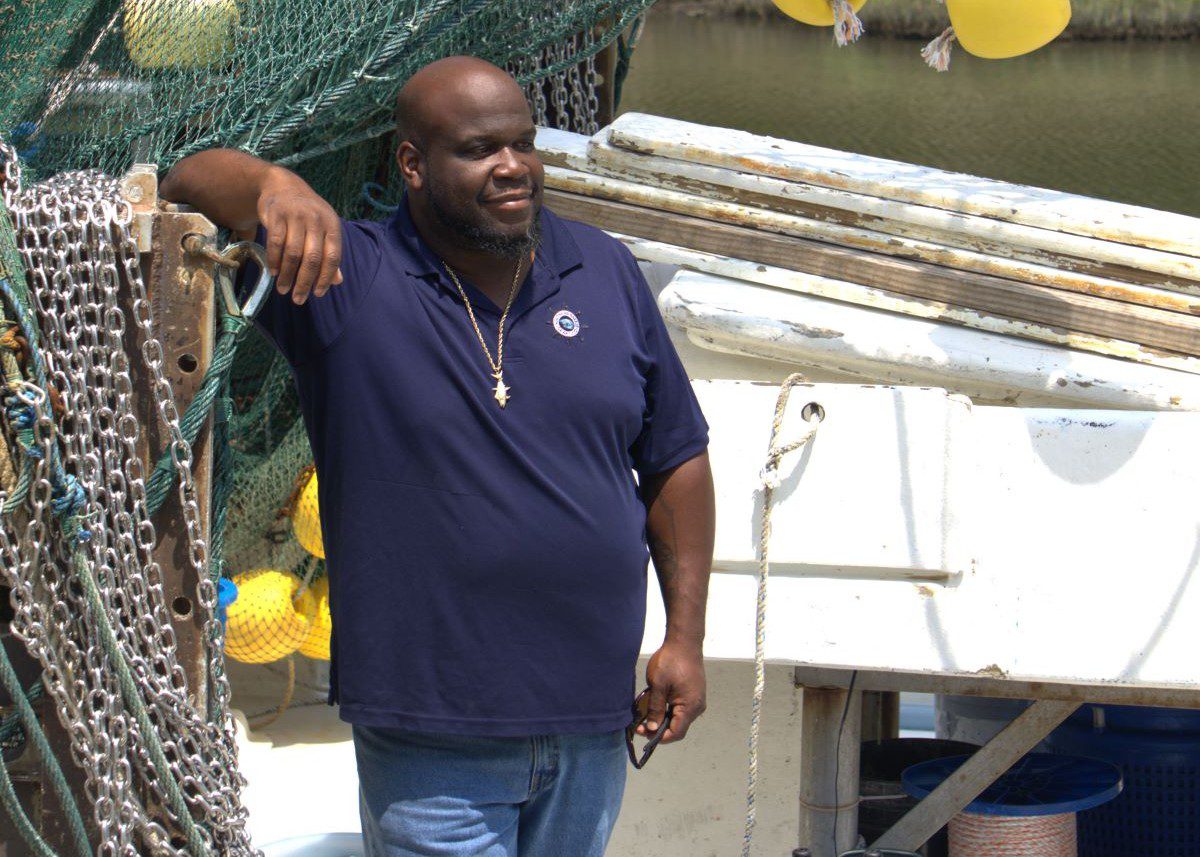-
Researchers embark on study of shore-to-sea habitats
The UNC system project allows researchers to study habitat changes from the mouth of the Cape Fear River to the Gulf Stream’s warm waters.
Spotlight
-
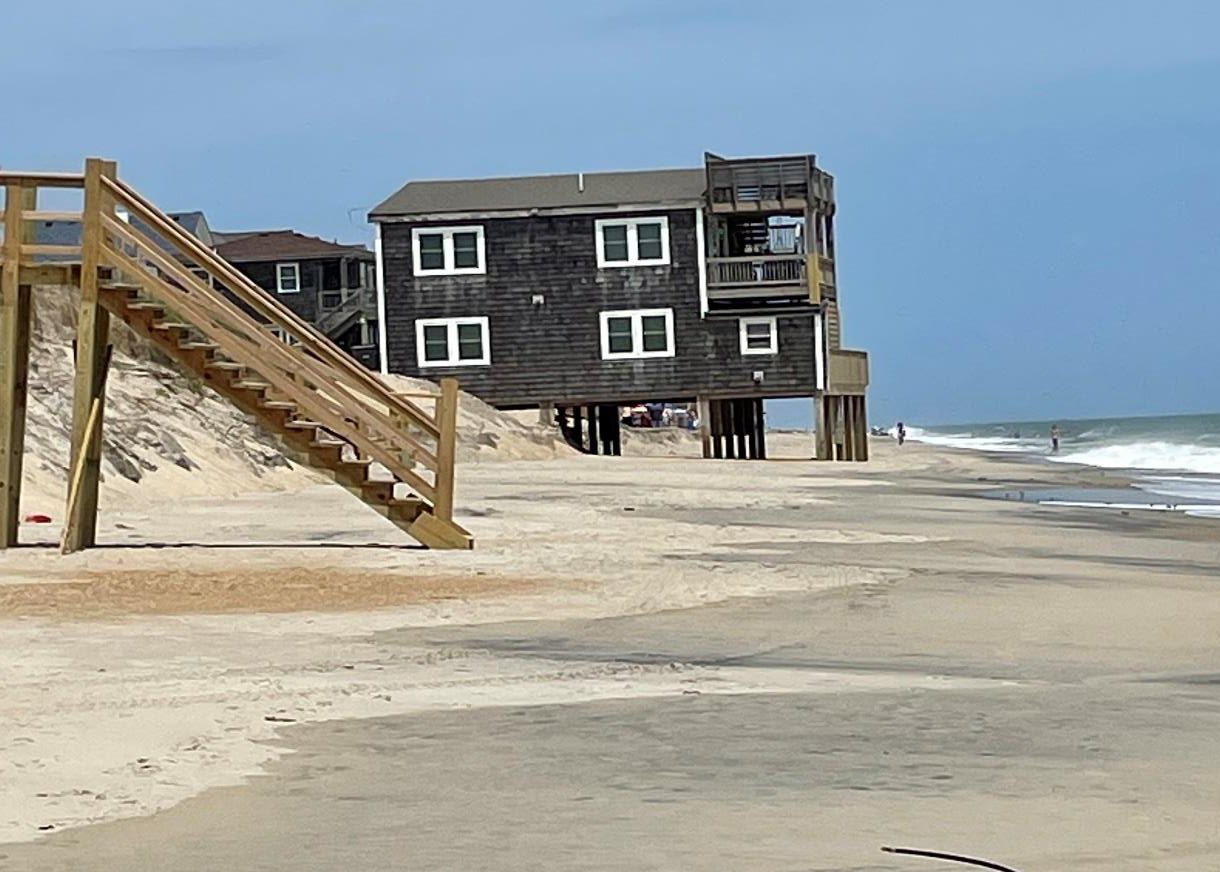
Judge restores state’s 30 erased coastal development rules
A judge has ordered that more than two dozen longstanding rules used to guide coastal development and protect resources be placed back into the North Carolina Administrative Code.
News Briefs
-
Commission to consider changes to some fisheries rules
At its meeting mid-March in Kitty Hawk, N.C. Marine Fisheries Commission will consider next steps in the process to approve amendments for southern flounder, eastern oysters, hard clams and spotted seatrout management plans.
-
Comment period on migratory bird hunting season to end
The public has until 5 p.m. March 2 to comment on the state’s 2025-26 migratory game bird hunting season.
-
Old-Growth Forest Network adds Bald Head Island Reserve
A nearly 200-acre forest of large, old live oak trees on Bald Head Island has been added to the national Old-Growth Forest Network.
-
Committee calls special meeting on industry dischargers
Updated: The North Carolina Environmental Management Commission Water Quality Committee is holding a special meeting Feb. 25 to hear information on large-scale industrial dischargers.
-
Renewable energy groups seek to gather input on projects
The Southeastern Wind Coalition and North Carolina Clean Energy Technology Center, which are part of the Carolinas Renewable Energy Development Assistance and Siting Hub, or DASH, rescheduled its Feb. 20 meeting in Bolivia for April 3.
Get the news of the North Carolina coast delivered daily.
Subscribe to Coastal Review
Special Report
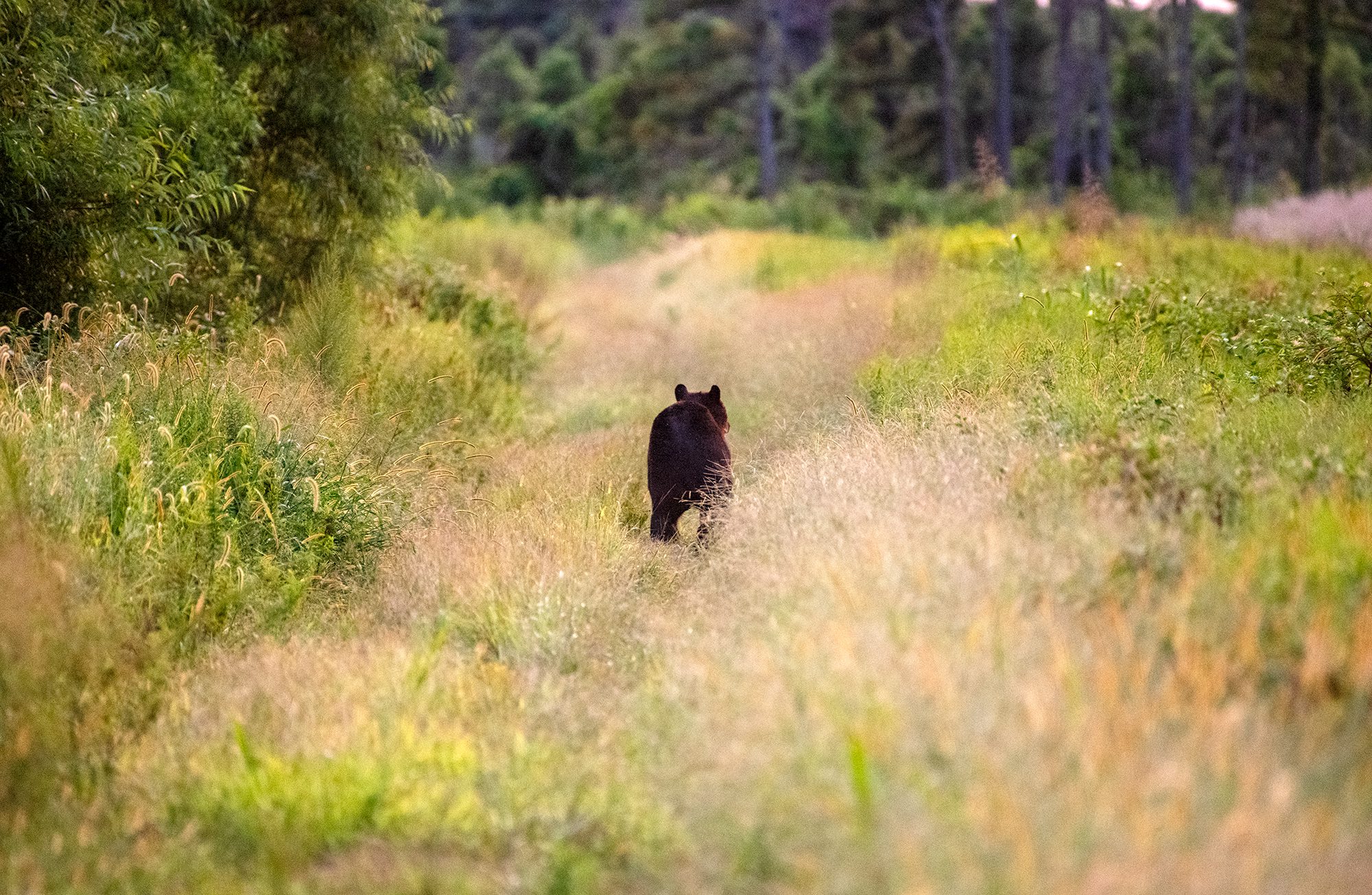
Black Bears of the Coastal Plain
Conservation, reforestation and research have helped the once-imperiled species to not only recover but also provide an economic boost in a troubled region.
News & Features
-
As NC wind energy projects advance, uncertainty rules
In the wake of Trump’s executive order barring new offshore wind leases and requiring reviews of existing and permitted wind projects, industry supporters worry about what rules, permits or projects could be affected and the broader implications for manufacturers and the workforce.
Science
-
Researchers embark on study of shore-to-sea habitats
The UNC system project allows researchers to study habitat changes from the mouth of the Cape Fear River to the Gulf Stream’s warm waters.
Commentary
-
Fishing for snacks: Food choices a crucial, overlooked detail
The importance of what one chooses to take along on fishing trips cannot be overstated, nor can words adequately describe this angler/columnist’s distaste for Vienna sausages.
Our Coast
-
African Americans in seafood industry heart of new exhibit
The exhibit debuting March 9 on Harkers Island features the ongoing NC Catch initiative that highlights African Americans in the state seafood industry.
-
Bertie native, NCCU dean: Coastal identity a cultural blend
Dr. Arwin Smallwood of North Carolina Central University says in the eastern part of the state particularly, Native, African and European cultures are blended into a shared identity “forged over hundreds of years.”
Featured Photo
-
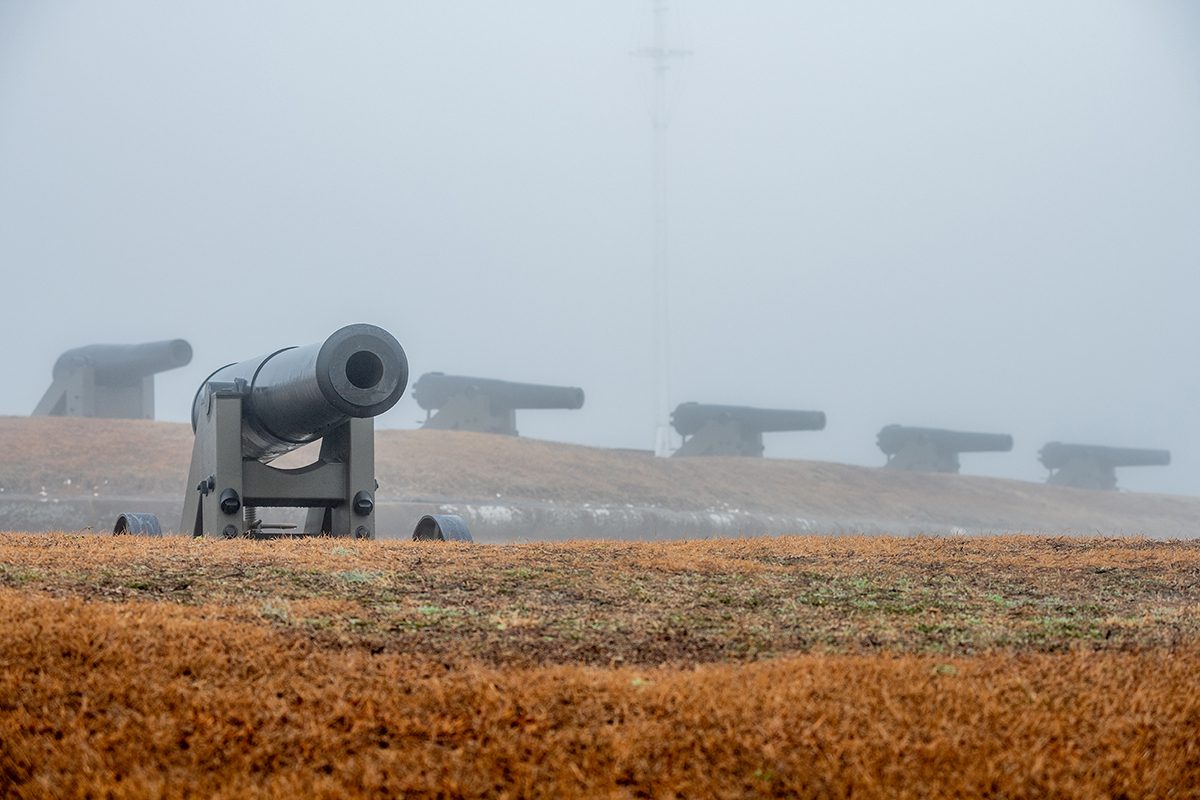
Not fog of war
Fog blankets the cannons Monday at Fort Macon State Park at the east end of Bogue Banks in Carteret County. Built during the decade after the War of 1812 to defend Beaufort Inlet, the fort was taken by Union forces early during the Civil War and was never again relinquished to the Confederates. Fort Macon is one of the state’s most visited parks, welcoming more than a million visitors annually. Photo: Dylan Ray

